Conflict, generally speaking, is messy. Necessary, unpredictable, uncomfortable; often very lengthy. My game-plans and social worker scripts kick into high gear when conflicts present themselves; I’m aware of an insecurity in myself which seeks to de-escalate and ‘fix it,’ whether by coming to a shared understanding of values or explaining an institution’s rules. Behavior-based conflicts feel less fragile, less complex. I called you a name, you slapped my neck: not much room for interpretation.
Whether it's neck-slapping or something with a little more nuance, I admit to a wariness of how to navigate conflict here. What if my scripts are no good? What if I bark or command, where I might be better suited to question and include? I'm still in observation mode, and am finding my assumptions and fears routinely corrected by the alternative options being put to use around me. Especially where conflict is concerned.
One of the striking aspects of life at Clearwater is its Judiciary Committee. I’ve attended four sessions of JC thus far. The margins of my notebook are full of “wow” and exclamation marks. Here’s what surprises me:
1. The normalization of conflict
2. The shared responsibility of all attending JC
3. Consensus-building vs mob logic
4. Consequences and Compassion
JC cases proceed as follows: first, the write-up is read aloud in the presence of the students in conflict, any witnesses, and the JC chair (which includes students who are up for their service, much like jury duty). The students involved each get a turn to share the incident from their perspective. The assembled body asks clarifying questions, and then the findings are read and a sentence is created to suit the unique circumstances and needs of the student(s) involved. These sessions happen almost daily, with students across age groups and social circles regularly noting things that fall outside of acceptable behavior in this community. It seems that JC has the effect of normalizing conflict and closure, by virtue of its consistent routine and the regular rotation of students and staff who hear each case. The attitude around here appears to be that everyone gets written up, everyone has written someone up, and everyone has served in some capacity. The stakes are automatically lowered, but that doesn't mean all hearings are dull and procedural.
I thoroughly enjoyed watching a young boy parade in tight circles, hands in pockets, looking for all the world like a tiny Atticus Finch. His mumbled explanations for his behavior were well-received and patiently discussed by students his age and older, along with a staff member. Lots of clarifying questions were asked about his motivation for his behavior and his comprehension of school norms. Group consensus was reached on a fair and effective sentence, and the students signed their JC sheet and left.
I was and am impressed with the caliber of involvement that students play in the JC process, as well as the levels of compassion and directness that seem to be a fixture in these meetings.
|| * * ||
A question lurking in my mind from the first JC session I sat in on was whether there were an appeals system, or a higher/more involved JC for serious cases. Luckily, or unluckily, one such conflict arose on my third day.
JC had already held a hearing for this student’s behavior, which had broken a number of school rules around physical safety and respect for other students. The JC had been unable to resolve the conflict and had lobbed it up to the judgement of the larger student body. An emergency school meeting was called, and roughly eighty students assembled in the Active Room along with staff.
The JC began its session, reading the write-up aloud. Unusually, the student who was written up was not in attendance; they instead chose to de-escalate in the house with a staff member. I half-expected this to become a character assassination session in their absence. The compassion with which students discussed the conflict was correction enough for my assumption.
When it came to the sentence, the students affected requested suspension; this requires a mandatory unanimous vote of the assembled body. Discussion was lengthy, offering a fuller picture of the student’s usual behavior in contrast to their recent problems. Suspension increasingly seemed like a disproportionate response to this; instead, the group came to a sentence which honored the affected students’ needs for space and set the student up for meaningful, supported learning and change.
|| * * ||
It’s hard not to romanticize what’s happening here at Clearwater. I’m sure that there is more to the picture than what I’m seeing, green as I am. Still, I’m struck by the usefulness of this approach to conflict: were this student simply given a talking-to by an administrator, or automatically suspended, so much opportunity for meaningful growth could be missed. It’s dismally easy to isolate and dismiss someone whose behavior borders on unsafe or problematic; finding options that actually serve all involved is a much harder process, and requires more of us as community members.
Even more, I got to interview that student about their perspective of JC early this week. Without hesitation, they phrased it as ‘the most important part of school’ and as a good way for students to receive support.
How cool is that?
Warm regards,
Emmett


